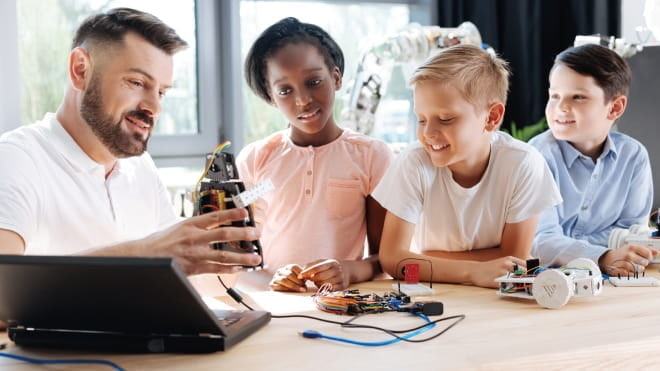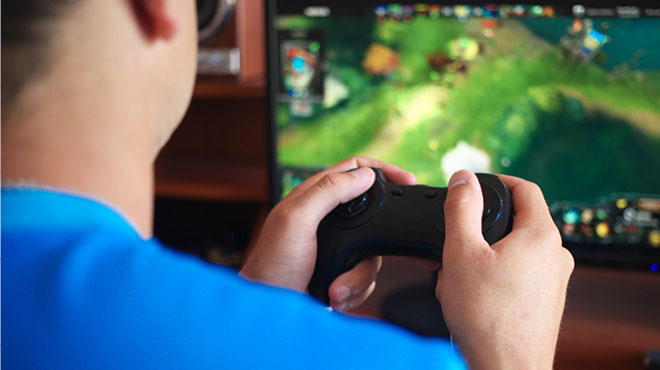Social media risks: Safeguarding children's online experience

Social media is a fun, easy way for adolescents to connect with friends. While most platforms require users to be 13 or older to create an account, it's common for kids to want to access social media at an earlier age.
It's important to teach children that even though social media can be enjoyable, there are risks, including:
- Social media use makes kids and teens vulnerable to cyberbullying and provides the opportunity to cyberbully others.
- Limited face-to-face interaction decreases filters when making comments about other people.
- Smartphones have geolocation, so unless the privacy settings are correctly set up, other users can see your child's location when they are using social media apps.
- It's easy for kids to access inappropriate content and follow or be followed by users they do not know.
- There may be the temptation to send explicit texts, photos or videos.
- In recent years, research has shown that constant social media use can negatively affect a young person's mental health.
Remember, what happens on the internet stays on the internet.
How can you help your children be safe on social media?
The first step is to start a conversation about internet safety and your child's online interactions. It helps to be familiar with the specific platforms your child is using and to create your own account. Have your child show you their profile and review their friend list on each platform. Talk about the importance of carefully considering who to friend or follow online.
Next, establish rules. Make it a rule to have no secret passwords. Have your child write their usernames and passwords in an envelope that you will only access in a scenario when you fear for your child's safety. Place the envelope in a public place in the home and update when the passwords are changed. Similarly, you should always have the unlock codes for your children's devices. A number of templates for a family social media plan or cellphone contract are available online.
Consider using a parental control app. Smartphones come with safety features, and several parental control apps are available for download. If you decide to monitor your child's social media use this way, you need to be open and honest with them about your use of parental controls.
Lastly, and perhaps most importantly, lead by example. Consider what information you are posting about yourself and your family online. Never bully, harass or embarrass another person online.
Encourage face-to-face communication as much as possible. Social media allows children to be passive engagers. If they can watch what others post but do not engage, they lose important aspects of social connection.
Be aware of how much time you spend on a device. Consider following similar rules for yourself that you set for your children.
Tips for screen time
Smartphones, computers and laptops are a part of children's daily lives at home and school.
Consider these tips for allowing your children to have connection and collaboration on screened devices in a safe way:
- Limit screen time for recreational purposes to two hours a day.
- Shut off or stop using screened devices at least one hour before bedtime.
- Consider implementing a rule of no screens in the bedroom to encourage good sleep habits.
Knowing the risks and following these tips will help your children still have fun and be safe while using social media.
Karen Hall is a child and adolescent clinical therapist in Psychiatry & Psychology in La Crosse, Wisconsin.



